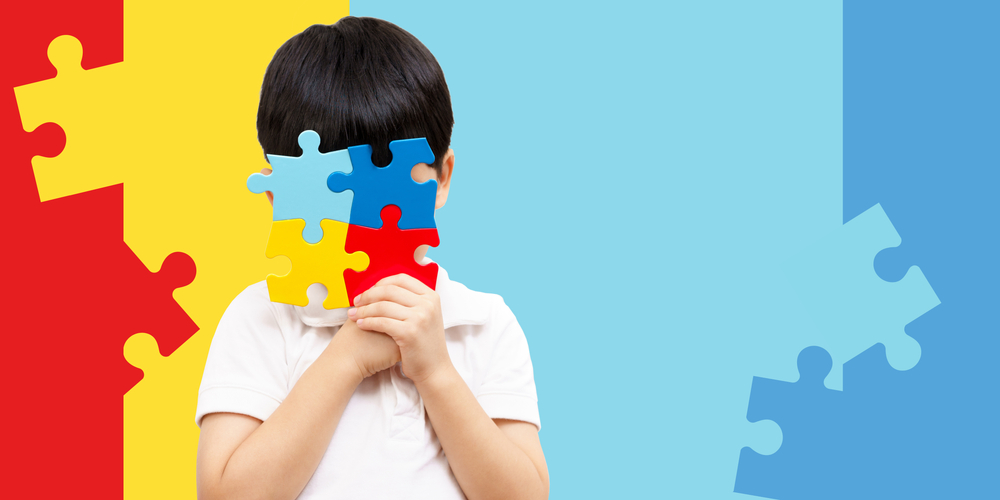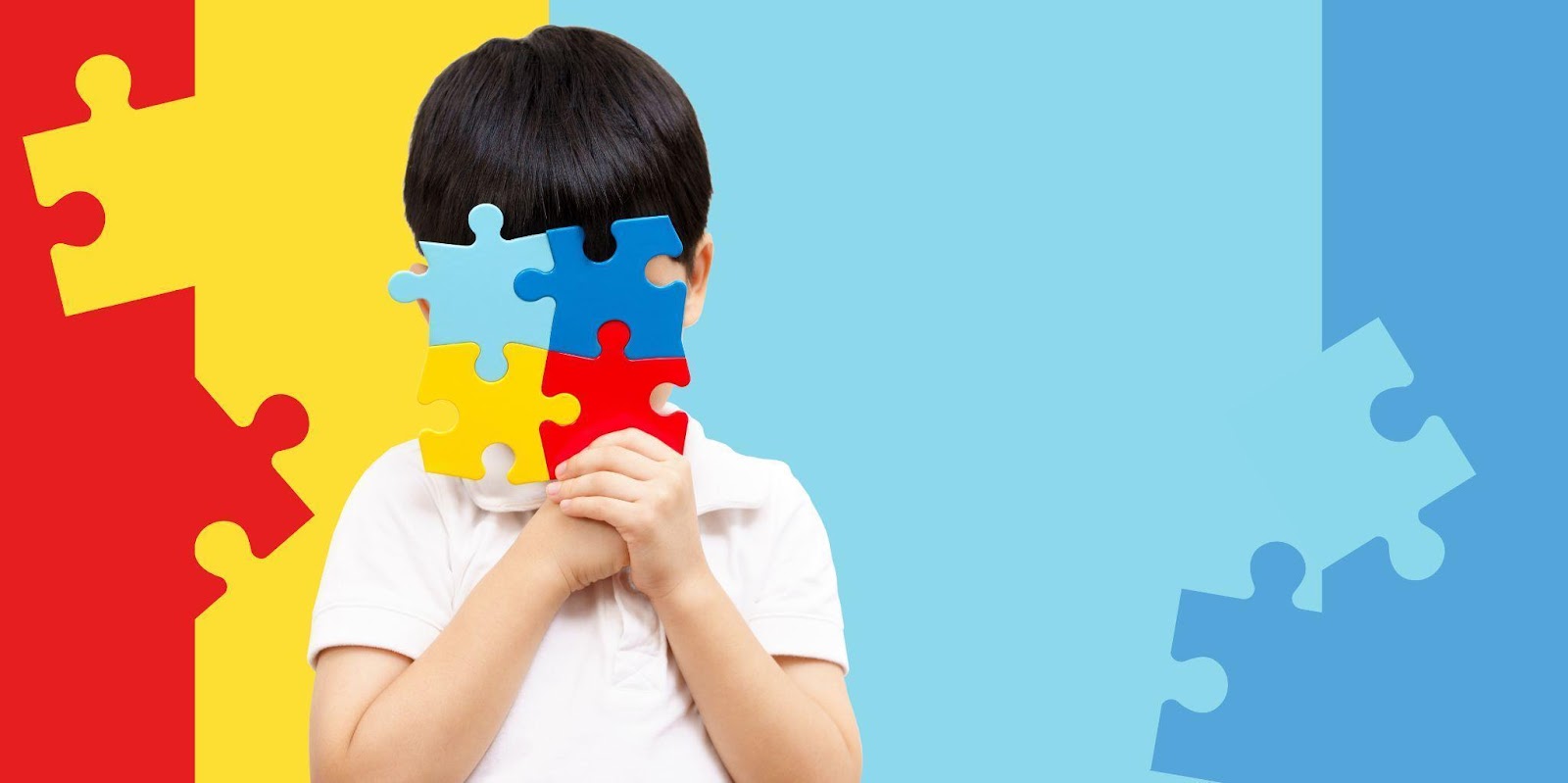Written by: Dr. Hui Lung Kit, Psychiatry Specialist
Many parents have had the experience of taking their children out to play, and the family was in a happy mood and the children were having a good time. But suddenly, the child makes some unreasonable requests (such as seeing a toy to buy), and the parent does not allow it, the child immediately changes his face and cries. When the parent reprimands the child, the child becomes more aggressive, not only crying louder, but also having a tantrum fiercely and stomping on the ground, attracting the attention of passers-by (who may even suspect that you are abusing the child). Parents have no choice but to do their utmost to soothe the child, or even raise their hands in surrender and buy the child a toy in the hope of calming the storm. In the end, once the child has succeeded in his request, he would turn tears into laughter even when the toy is still not received. The previous crying is gone and makes parents unable to laugh or cry.
However, have parents ever noticed that if the number of times of “compromise due to pressure” increases, the number of children’s cries will increase instead of decrease? This is due to a psychological phenomenon – “Positive Reinforcement” consequence. Positive Reinforcement” means that when a behavior occurs, if a reward is given immediately, the behavior will occur again. The more the reward, the higher the chance that the behavior will be repeated.
To apply the example to the child, if the child cries a lot, if the adult satisfies his unreasonable request (such as buying a toy) when he is most agitated, this is a reward for his crying behavior, and in the future, when the child has other unreasonable requests, he will be more inclined to use the crying method to achieve his goal. In addition, children generally want to be loved and cared for by their parents. If parents usually ignore them, but the child cries, the parents will immediately become very nervous because even scolding is a form of attention, and over time, children will tend to cry as a means of attracting their parents’ attention.
Therefore, the first and foremost thing parents should do to properly handle their children’s crying is to maintain a gentle attitude, but at the same time, they should stick to their principles and not compromise easily, especially not to finally give in and meet demands just because the child continues to cry. If parents cannot control the situation, they can try to reduce their attention to the child, such as removing eye contact, being expressionless, or not talking to the child. In addition, if the crying occurs at home, parents can take the child to a quiet corner, cut off all attention to the child, let the child calm down, and then slowly explain to him what the problem is.
Of course, it is more important to give children appropriate attention from time to time when they are behaving well and not crying, so that they feel safe and do not use fussing as a “bargaining chip” to win the love of their parents. This is the solution to the problem.













